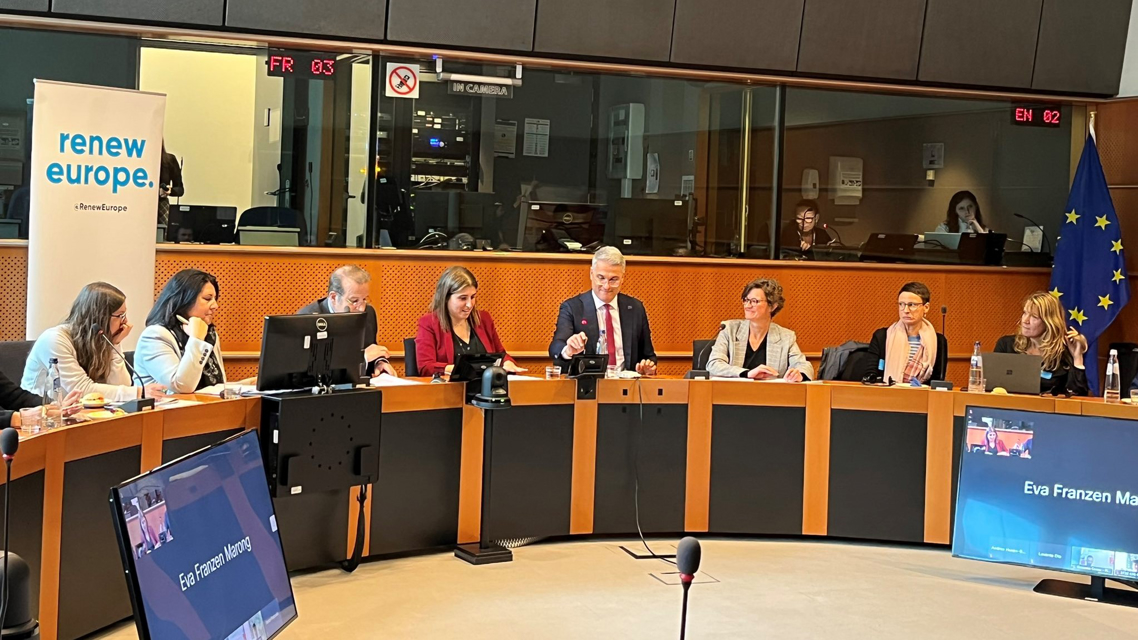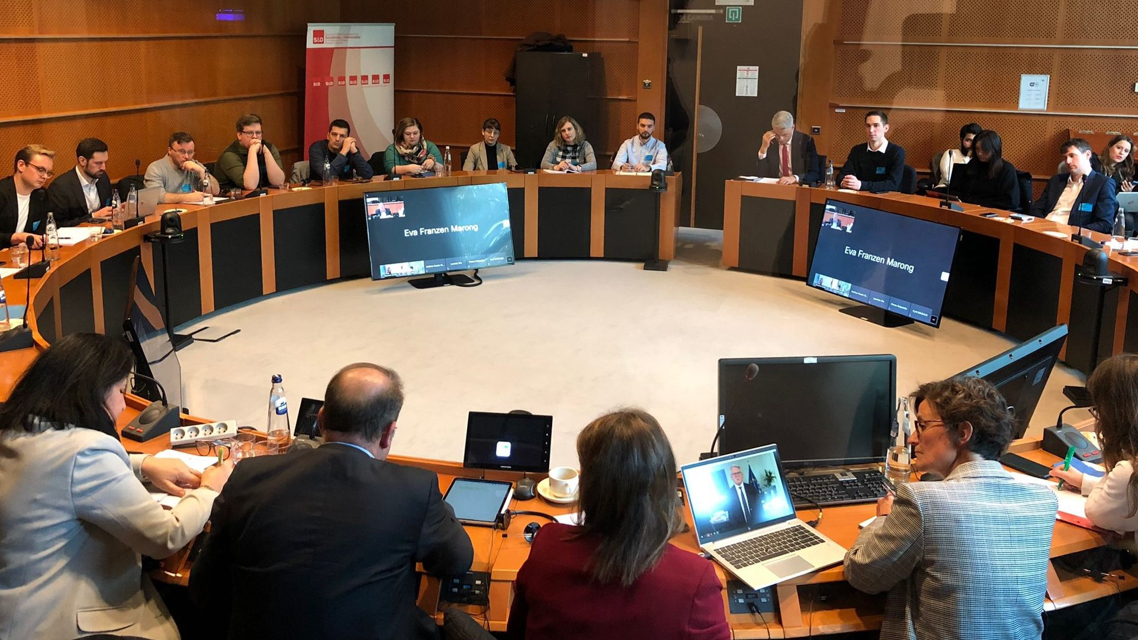Young people have suffered enormously from the continuous crises. Policymakers and social partners have a collective duty to give them a good start in their working lives, providing rewarding careers in high-quality jobs and development opportunities.
The event was co-hosted by the MEPs Dragos Pîslaru (Renew Europe) and Alicia Homs Ginel (S&D). It brought together EU policymakers from the European Commission and European Parliament, representatives from the European Centre for the Development of Vocational Training (CEDEFOP) and from national trade union organisations and employers’ associations.
The aim was to discuss how to better integrate young people in the MET sectors and tackle the massive labour shortages this industry has been facing for decades, and which the twin green and digital transition will exacerbate.
The discussions between social partners and policy makers highlighted several key points to better attract young people and retain them in the MET sectors:
- Quality education (especially STEM subjects) and vocational training, quality jobs and a readiness for lifelong learning.
- A partnership approach is essential. Social partners are best placed to identify skills needs and Vocational Education and Training (VET) curricula must respond fast. At European level, EU institutions must involve social partners more actively in initiatives addressing the skills challenges of the green and digital transition.
- Young people and their parents should be guided into choosing a career in MET sectors. VET is not a second-best education choice.
- Skills shortages can only be tackled with sustained political will and investment in VET.
The first roundtable addressed the question of how to ensure the right skills for the twin green and digital transition. The speakers, Jürgen Siebel, Executive Director of CEDEFOP, Nicolas Decellas, trade union representative from CFDT FGMM (France) and Hanneke Ackermann, programme manager for education and labour market transitions at FME (Netherlands), highlighted the difficulties that MET companies and especially SMEs encounter when trying to recruit a workforce with the right skills to successfully manage the twin transition.
It is also necessary to convince workers to participate in continuous training, he said, because lifelong learning is now crucial to remaining employable throughout one’s career. “Motivation and financial support are key to providing efficient skills transition opportunities”.
During the second roundtable ’From quality training to quality employment‘, speakers commented on how best to ensure that young people transition from training to employment, without becoming unemployed or inactive. Speakers, Francesca Brudaglio, education and training expert at Federmeccanica (Italy), Alexandru Tașlîcă, trade union representative of Industriall-BNS (Romania) and Andrea Glorioso, from the European Commission, pointed to the importance of apprenticeships and vocational education and training. The discussions highlighted that work-based learning is crucial to help young people move from quality education to quality employment in the industry.
Isabelle Barthès, industriAll Europe Deputy General Secretary, stressed the need to turn 2022, the European Year of Youth, into something more than a communication exercise. “We want to see a proposal that noticeably improves the situation of young people on the labour market and ensures that quality training leads to quality jobs.
“Young people have suffered enormously from the continuous crises. Policymakers and social partners have a collective duty to give them a good start in their working lives, providing rewarding careers in high-quality jobs and development opportunities. Without these, we risk jeopardising the green and digital transition.”
Delphine Rudelli, General Director of CEEMET, insisted that “promoting and marketing a greener and digital industry is another way to attract young people to work in our industries and thus a way to address labour shortages”. Amongst other solutions, apprenticeship is a win-win for both MET companies and for metalworkers. Faced with the fast-moving forces of change, it is more crucial than ever to both promote apprenticeship and attract young people into dual learning.
The MET industries are aware that they need to attract and focus on young people. High-quality jobs in highly innovative, digitalised and technology-oriented companies with good work, training and development opportunities are the basis for attracting and retaining young workers.
2022 is the European Year of Youth and 2023 will be the European Year of Skills. We see the policy focus increasingly shifting towards these issues. CEEMET and industriAll Europe will continue their joint efforts to find solutions to attract young people to the MET sector.

